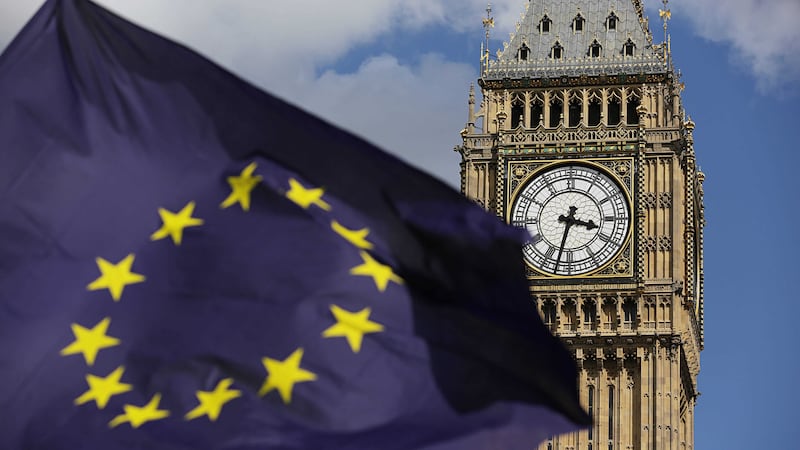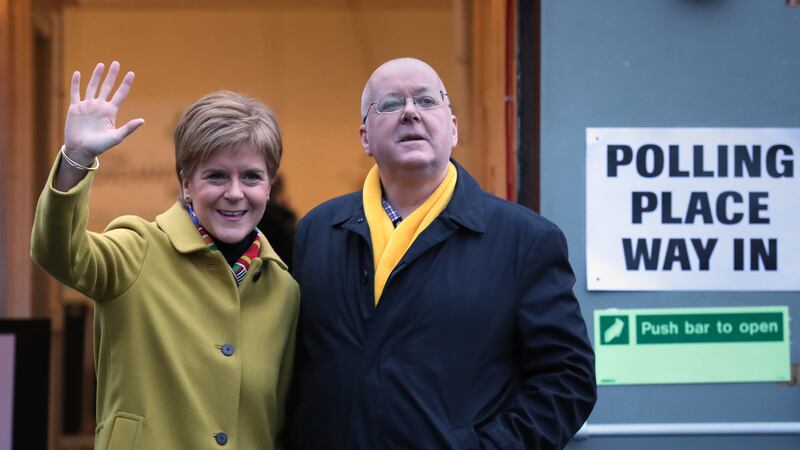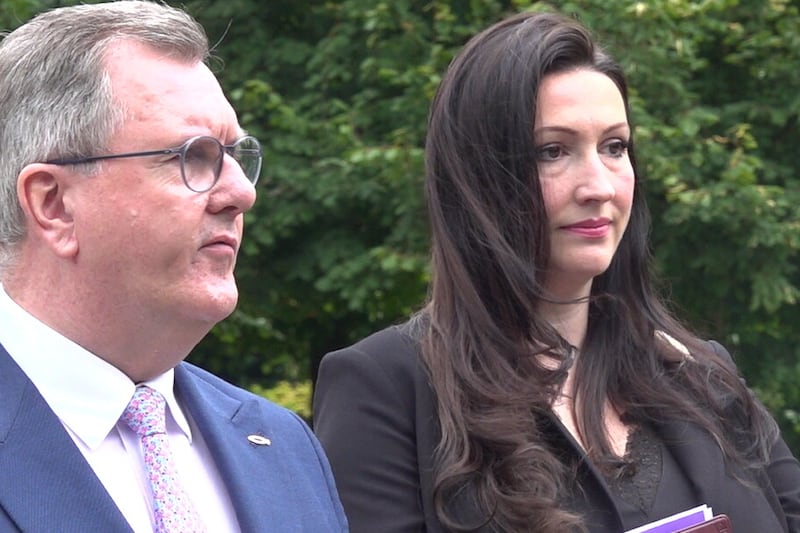THE prospect of the United Kingdom leaving the European Union carries major consequences for the state as a whole and indeed the EU itself.
But it carries particular consequences for Northern Ireland, financially, economically, socially and especially politically.
Northern Ireland is a distinct political entity. While it is constitutionally part of the United Kingdom, it does have a special status in domestic and international law.
And perhaps uniquely, it is a territory where the people have the right to change their constitutional status through a majority vote.
This majoritarian vote over constitutional status is as blunt as it is as necessary. However, it is only one part of a wider carefully and deliberately balanced settlement that is the Good Friday Agreement.
There are many aspects of the Agreement that can be criticised, not least, the cumbersome approach to Executive formation and the institutionalised sectarianism around community designation.
But yet at its heart, the Agreement has proven durable and been successful in that it creates Northern Ireland as a shared space in which open, mixed and multiple identities can not only co-exist but flourish.
Notwithstanding the continued deep divisions in society and entrenched segregation in many aspects of public life, we have seen a gradual movement away from rigid and reinforcing approaches to identity where Protestant=Unionist=British and Catholic=Nationalist=Irish to a situation where more and more people, especially young people will see themselves as both a little bit British and a little bit Irish, increasingly identify as Northern Irish, and also reference themselves as European.
The Agreement further copperfastens a situation where residents of Northern Ireland can readily interact with civic life and do business freely across the island of Ireland and with Great Britain.
A departure from the UK would mean that for the first time barriers would be erected to hinder and impede these positive developments and the freedoms and choices that Northern Ireland residents have.
The rhetoric of ‘Brexit means Brexit’ and the claims there won’t be a ‘hard border’ are hard to reconcile.
Those who have either advocated Brexit or who are now resigned to facilitating can’t provide clarity to back up these claims.
It is not sufficient to say that there has always been a Common Travel Area since Irish independence and that will continue as that has worked on the basis of harmony between the United Kingdom and the Republic of Ireland on their approach to Europe and maintaining a common policy framework around movement.
Now for first time, the UK and Ireland are set to be out of sync. It is also important to bear in mind the nature and position of border controls and the rights to freedom of movement policy are different concepts.
In the absence of either the Irish Government compromising its own relationship with the European Union while remaining a full member in order to maintain a common regime for the movement of people or the UK essentially reaching a situation in which it replicates the current EU regime around freedom of movement while leaving the EU and in defiance of the hard-line Brexiters, then a barrier to the movement of people will have to be created within these islands in one form or another.
Similar conundrum exists in terms of trade of goods and services. Nothing short of the UK continuing to have full access or even participation in the EU Single Market will create some form of barrier in that respect too.
In seeking to address these challenges, and indeed many others, it would be a mistake for people to simply split along the traditional unionist versus nationalist divide.
If that continues to be the case, then the interests of Northern Ireland will not be effectively promoted and addressed.
Recognition must be given of the fact that the distinct political entity that is Northern Ireland clearly voted to Remain within the European Union.
So when Unionists say that we must accept and go along with a UK-wide outcome and revised relationship with the EU, then the local particular circumstances will not be sufficiently addressed.
Meanwhile, if nationalists simply see this crisis as an opportunity to push for a ‘border poll’ and Irish unification then they will let Northern Ireland down in failing to recognise the opportunity to build a wider political platform.
It is incumbent on all to recognise that Northern Ireland is a particular and unique political space, with its own interests, and for political leaders and wider civic society to work to ensure an outcome in which Northern Ireland continues to benefit most from a relationship with the European Union, including special arrangements being negotiated.
:: Stephen Farry is an Alliance Party MLA and former Minister for Employment and Learning








